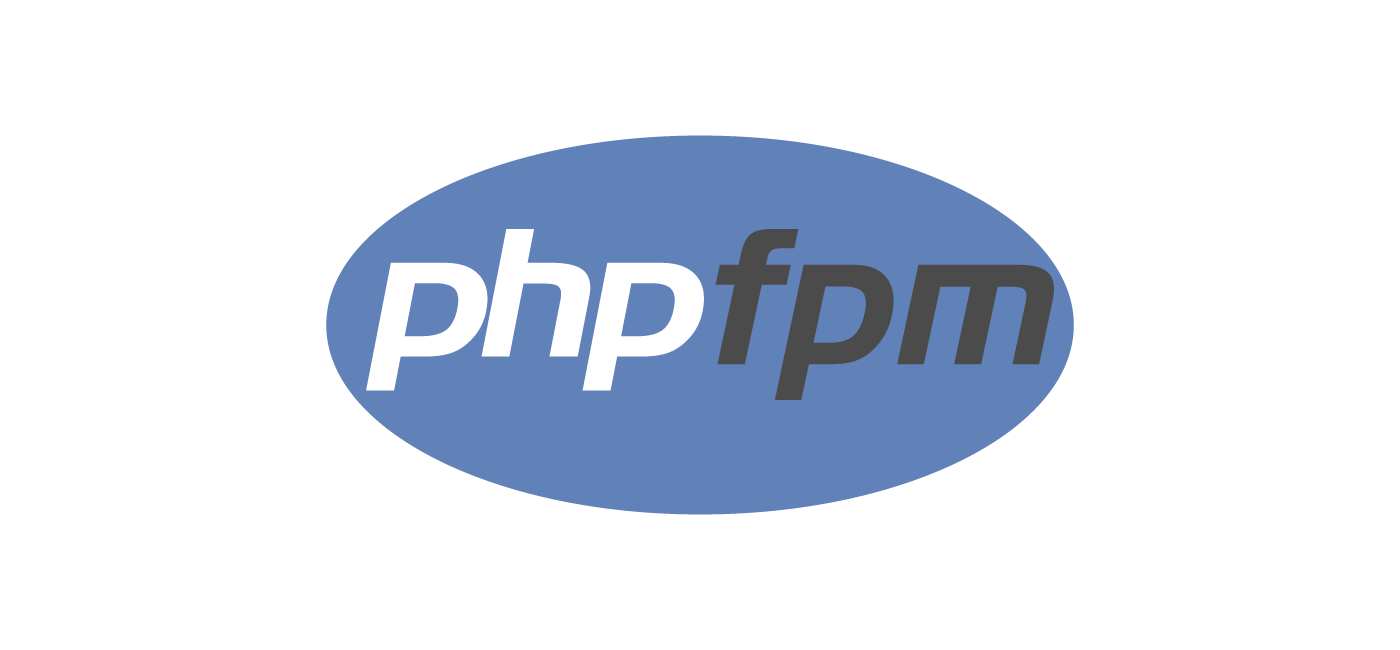PHP-FPM has as a default configuration that uses more memory than necessary. It has spare php-fpm processes ready to go, taking up memory in case there is PHP code to process. While not a problem if you have tons of RAM, it can be an issue for low RAM VPS and if you are using aggressive page caching then it is memory being used unnecessarily that could be used by MariaDB MySQL or other critical processes. I always use nginx with PHP-FPM running PHP 7.0 (or the latest version) so this tutorial explains how to tweak the configuration to use as little RAM as possible.
Adjusting PHP-FPM for Performance + Low Memory
Open your PHP-FPM configuration for PHP 7.0.
sudo nano /etc/php/7.0/fpm/pool.d/www.confAdjust the following values as shown below in red so they match, note the ; in front of pm.start_servers, pm.min_spare_servers and pm.max_spare_servers.
pm = ondemand means php-fpm child processes will only be spawned when necessary
pm.max_children is the maximum amount of child processes that are allowed, 50 is quite liberal but if you see max children exceeded in your log files, you should increase this value
pm.process_idle_timeout kills the child processes after they have been idle for 10 seconds
pm.max_requests sets the maximum number of php requests for each child process
pm = ondemand
; The number of child processes to be created when pm is set to 'static' and the
; maximum number of child processes when pm is set to 'dynamic' or 'ondemand'.
; This value sets the limit on the number of simultaneous requests that will be
; served. Equivalent to the ApacheMaxClients directive with mpm_prefork.
; Equivalent to the PHP_FCGI_CHILDREN environment variable in the original PHP
; CGI. The below defaults are based on a server without much resources. Don't
; forget to tweak pm.* to fit your needs.
; Note: Used when pm is set to 'static', 'dynamic' or 'ondemand'
; Note: This value is mandatory.
pm.max_children = 50
; The number of child processes created on startup.
; Note: Used only when pm is set to 'dynamic'
; Default Value: min_spare_servers + (max_spare_servers - min_spare_servers) / 2
;pm.start_servers = 2
; The desired minimum number of idle server processes.
; Note: Used only when pm is set to 'dynamic'
; Note: Mandatory when pm is set to 'dynamic'
;pm.min_spare_servers = 1
; The desired maximum number of idle server processes.
; Note: Used only when pm is set to 'dynamic'
; Note: Mandatory when pm is set to 'dynamic'
;pm.max_spare_servers = 3
; The number of seconds after which an idle process will be killed.
; Note: Used only when pm is set to 'ondemand'
; Default Value: 10s
pm.process_idle_timeout = 10s;
; The number of requests each child process should execute before respawning.
; This can be useful to work around memory leaks in 3rd party libraries. For
; endless request processing specify '0'. Equivalent to PHP_FCGI_MAX_REQUESTS.
; Default Value: 0
pm.max_requests = 500Test the validity of your php-fpm configuration syntax
php-fpm7.0 -tYou should see that the configuration is valid
[22-Mar-2017 13:19:13] NOTICE: configuration file /etc/php/7.0/fpm/php-fpm.conf test is successfulNow you can restart php7.0-fpm
sudo service php7.0-fpm restartYou will find the amount of RAM used is considerably reduced now.

`sudo service php7.0-fpm configtest` is the same of `php-fpm7.0 -t`?
Very likely it is Luiz, this option isn’t in the default repos on Debian/Ubuntu systems as far as I can tell though.
Thanks! It’s very usefull.
Thanks for the article! Just one question, why to comment out those lines where the comments above says that the option is only used when pm = dynamic? Is there a change that these values are still getting used somewhere?
I do it for sanity so I know what is being used or not 🙂
Hello Mike,
Can you help me with the same process for Apache VPS Server in Linux Environment.
I have searched nearly tons of articles on the internet and have not been able to find one for Apache as everyone is using Nginx…